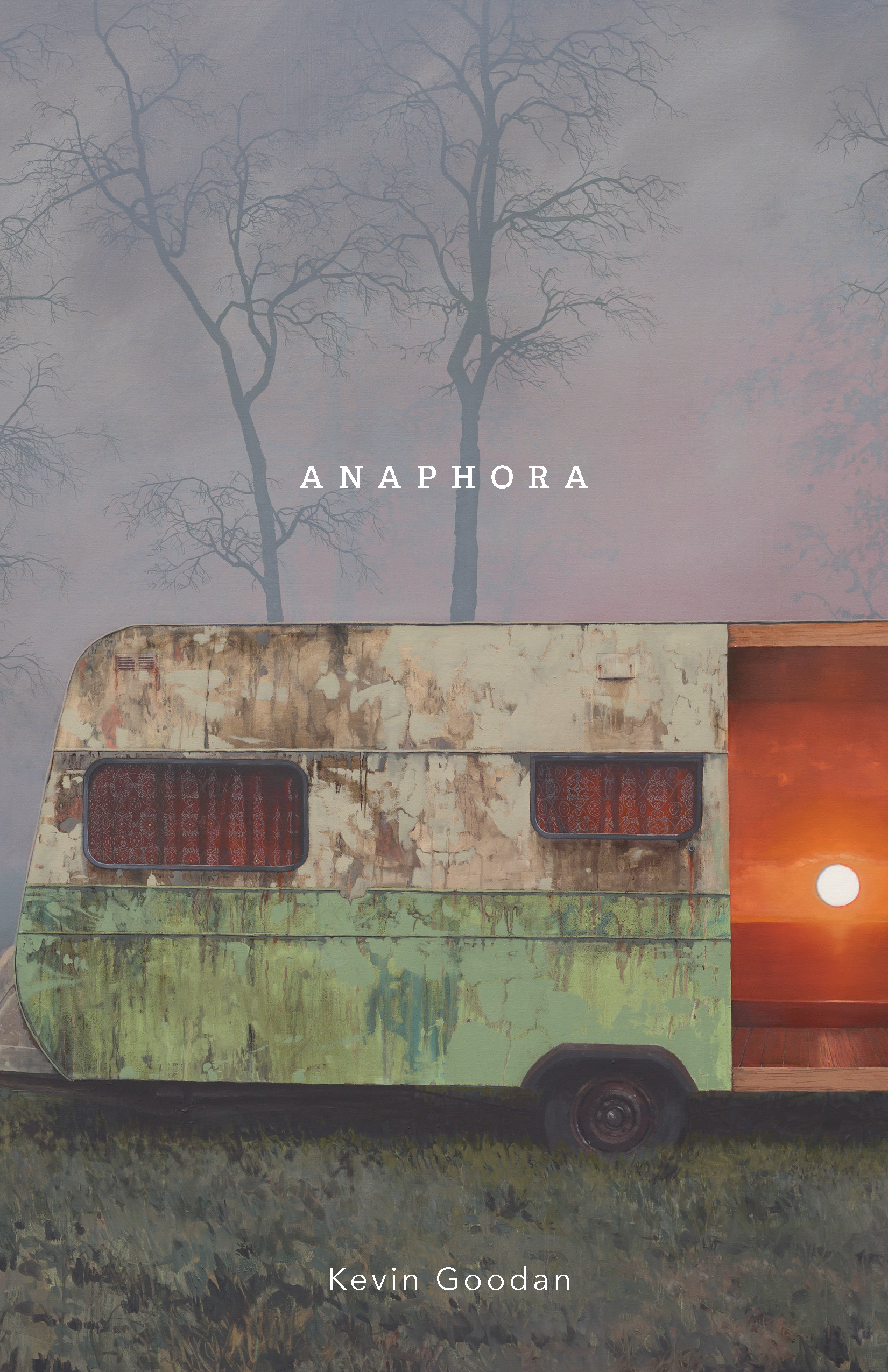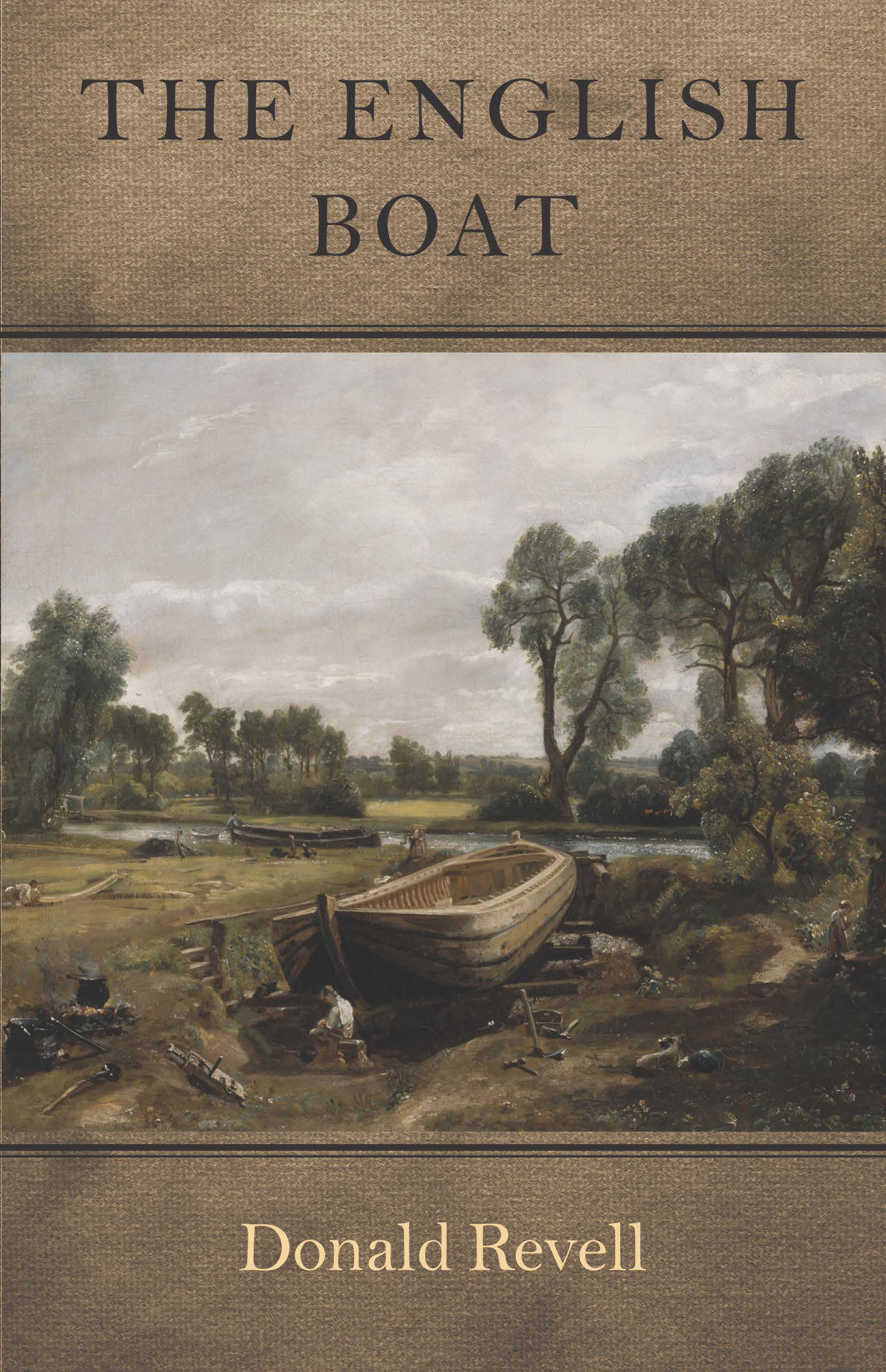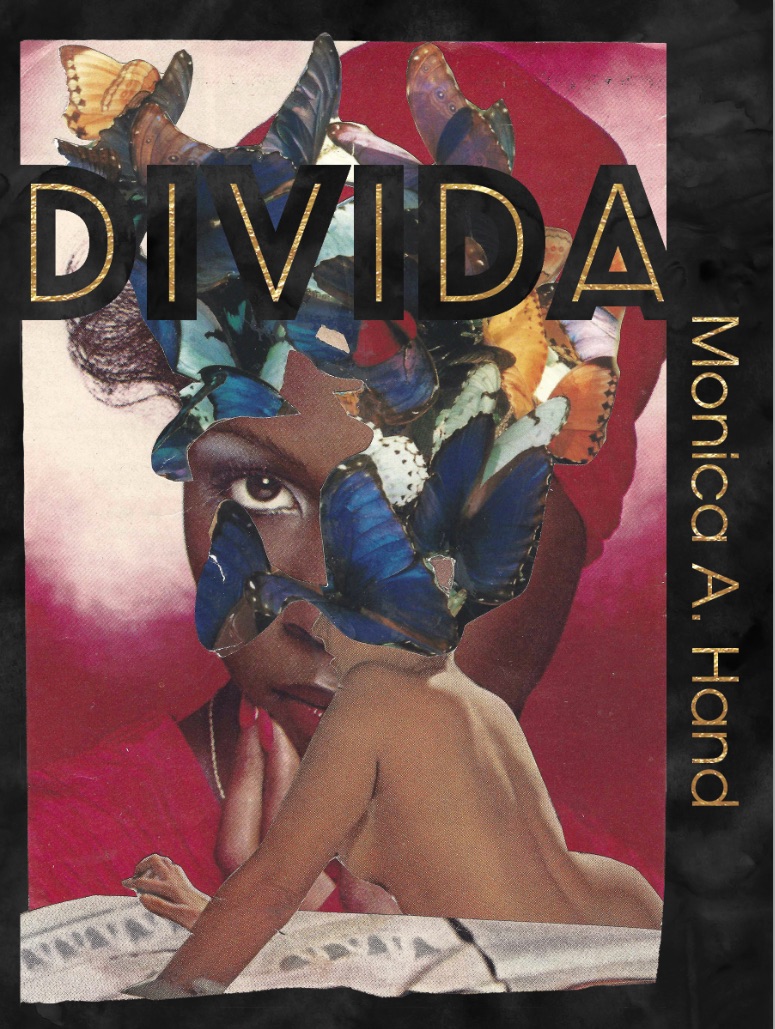The Voice of Sheila Chandra
The Voice of Sheila Chandra
Kazim Ali
A Finalist in the 2020 Foreword INDIES Awards
A 2021 PBS Summer Choice
Longlisted for the 2020 Julie Suk Award
“Every now and then, a poetry book comes along that has so much to teach, it doesn’t leave the desk or bedside … This is one of those books that will offer poetry lovers gifts for years to come.”
—Rushi Viyas, Asian American Literary Review
October 2020
ISBN: 9781948579124
Available in both print and digital formats.
Kazim Ali was born in the United Kingdom and has lived transnationally in the United States, Canada, India, France, and the Middle East. His books encompass multiple genres, including the volumes of poetry Inquisition, Sky Ward, winner of the Ohioana Book Award in Poetry; The Far Mosque, winner of Alice James Books’ New England/New York Award; The Fortieth Day; All One’s Blue; and the cross-genre texts Bright Felon and Wind Instrument. His novels include the recently published The Secret Room: A String Quartet and among his books of essays are the hybrid memoir Silver Road: Essays, Maps & Calligraphies and Fasting for Ramadan: Notes from a Spiritual Practice. He is also an accomplished translator (of Marguerite Duras, Sohrab Sepehri, Ananda Devi, Mahmoud Chokrollahi and others) and an editor of several anthologies and books of criticism. After a career in public policy and organizing, Ali taught at various colleges and universities, including Oberlin College, Davidson College, St. Mary's College of California, and Naropa University. He is currently a Professor of Literature at the University of California, San Diego. His newest books are a volume of three long poems entitled The Voice of Sheila Chandra and a memoir of his Canadian childhood, Northern Light.
“This space is left empty to create a white space. To create a white separation block in these individual book pages, add a Quote Block”
Additional Praise:
“A small ditty, easy to get lost in the sound—the cacophony, the lilt of the question, the repetition, and the nugget of casual speech lumped among the final three rhymes. To lose oneself in the sonic elements and reverberations is common here and throughout the collection.”
—John Bonanni, Kenyon Review
“[The Voice of Sheila Chandra] kindles the music inherent in language with solemn invention, and it is tuned by a repercussive conceptual silence. Belief and its mutability thrum through an ambitious triptych of poems separated by interstitial pieces driven by sound. The project attends to expressive orbits of protest, grief, and song. It seeks mystical synthesis as a choreography of silence and gesture. A body is an instrument of fate and physics.”
—Sara Ellen Fowler, Full Stop.
“In The Voice of Sheila Chandra, it is very much the music that matters. I’ll call it a mosaic—in this book of three long poems punctuated by four short poems, a mosaic of fragments, testimonials and scattered shards of living, comes together in music, through music, in celebration of music and in service of music. The subject is music. The method is music. The ethos is music. The obsession is music. Ali’s writing, which includes numerous poetry collections, novels, works of translation, and books of essays, has been often praised for its lyricism and musicality. This new collection is an exciting addition to an already-expansive body of work.”
—Jacob Griffin Hall, The Spectacle
“In Ali’s variation, culture and theology collapse to find God—often inexplicably lowercased—in profane spaces, far away from the purity of the temple, closer than ever to that farthest mosque within. In art, the sacred and profane intersect so errantly that it makes you wonder: what responsibility do artists have in representing or shaping culture? … The force with which these questions rush to mind will daze you.”
—Sherif Abdelkarim, Green Linden Press
“Kazim Ali’s The Voice of Sheila Chandra positions itself closely to sound and to others, as close as language can, while recognizing—in reverent ache—mortality: its pre- and postlingual modes, the nothingness that somehow connects us all.”
—AM Ringwalt for Music & Literature
“Kazim Ali’s newest collection of poems is brilliant and chilling and filled with sound. The Voice of Sheila Chandra is alive with formal invention and innovation that will surely be a fixture in contemporary poetry for years to come. Part researched document, part song, part deep excavation of the soul, there is much to learn from this book. Ali forces us to contend with history & the present in order to imagine a future where we survive.”
—sam sax
“The music in this book is generated by a constellation of fellow artists and history makers that Ali has gathered across time and space. … Kazim Ali breaks silence and writes silence into song.”
—Jenny Johnson, Michigan Quarterly Review
"The poems in this collection are politically engaged, empathetic and brilliant in their use of language ... These are poems that haunt."
—iExaminer
“‘So how do you discern a shape for / what is often called god’ asks the poet in a book that is as metaphysical as it is very much of this moment, of this, our crisis. How so? Because every crisis is first of all metaphysical. Kazim Ali speaks in the same breath of the injustice of our world and of ‘the actual syllables Orpheus sang/ to the dead to be allowed into hell.’ This is a metaphysics of a scream. It speaks against world that wrongs us, yes—but also of ‘what language cannot / hold onto,’ of ‘ecstatic sound aiming to reach from the muck of the earth.’ What is this speech like? It takes many forms: lyrical, cinematic, choral. The Voice of Sheila Chandra is a sequence of sequences, a book where three long poems come together to make a statement that is far larger than the sum of its parts. It is a brilliant book.”
—Ilya Kaminsky, author of Deaf Republic and Dancing in Odessa
“What is a mystic? The opening lines of Kazim Ali’s The Voice of Sheila Chandra command: ‘Small animal recite.’ One immediately thinks of the Angel Gabriel ordering an illiterate and terrified Prophet: ‘Read.’ We enter into this text knowing something larger than the poet is being gestured toward. ‘What if God is improvising like Coltrane,’ asks one poem. Then another: ‘Inside my self I am a pocket for the other.’ There is something major happening here, something that transcends the artifice of language. What is a mystic? ‘A translator of shadows,’ Ali tells us, ‘an echo of the sound unmade.’”
—Kaveh Akbar
“This space is left empty to create a white space. To create a white separation block in these individual book pages, add a Quote Block”
More by Kazim Ali:
“This space is left empty to create a white space. To create a white separation block in these individual book pages, add a Quote Block”
Featured:














